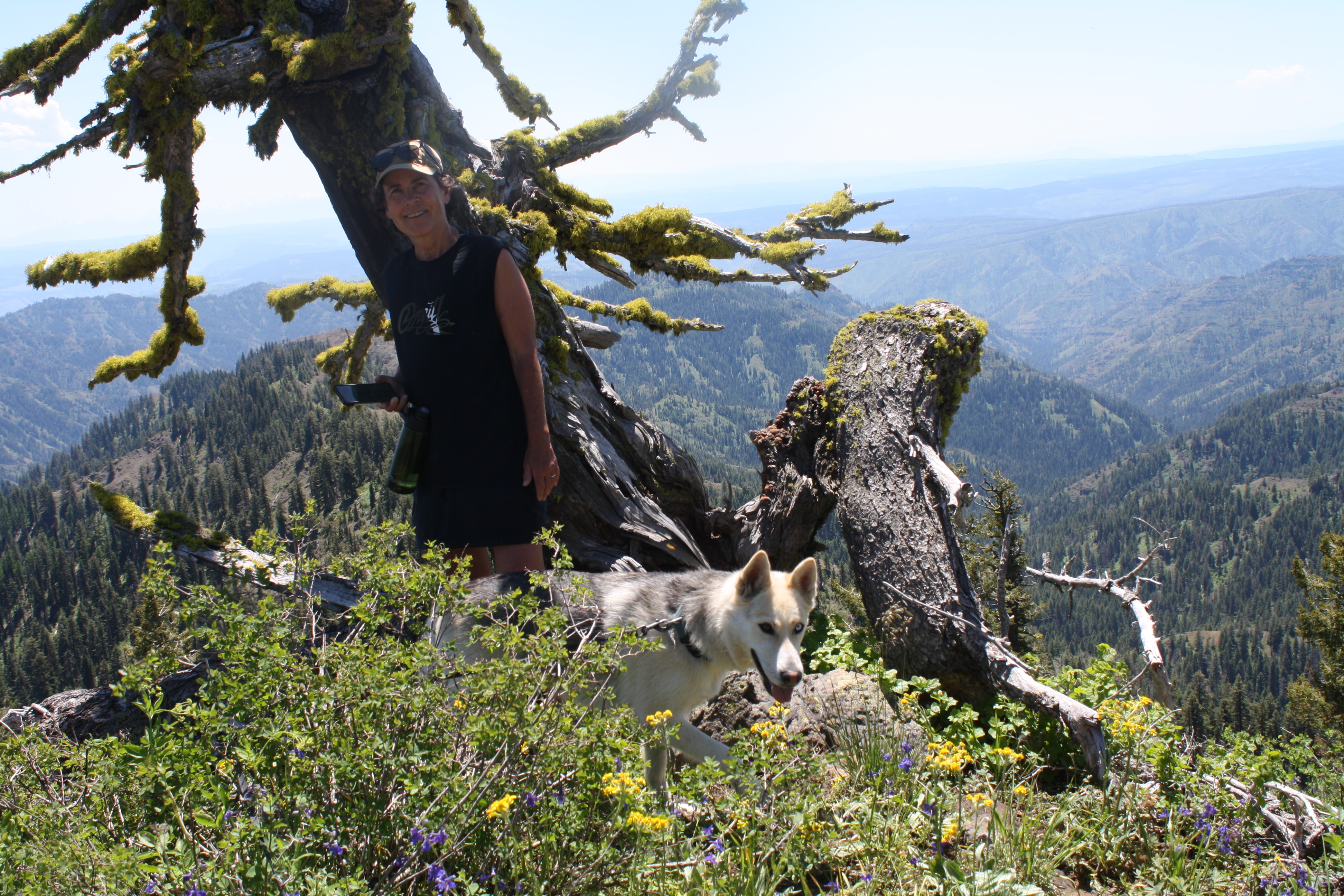
Meet Commissioner Robin Fitch. Robin is an environmental scientist who retired from the Department of the Navy in 2014 after more than 34 combined years of service as a uniformed officer and civilian employee. Her professional path evolved from being a National Park Service Interpretive Ranger, to an unrestricted line officer in the Navy, to education, and finally to work in environmental science and policy. In her final assignment she worked extensively on marine environmental issues such as ocean noise and coastal and marine spatial planning both internally with the Navy and externally with multiple federal agencies including the Bureau of Ocean Energy Management, the National Oceanic and Atmospheric Administration, the Marine Mammal Commission, the National Ocean Council, and the White House Council on Environmental Quality.
Since her retirement, Robin has engaged as a volunteer with several organizations, most notably the Jefferson Land Trust in Jefferson County, Washington, and the Blue Mountain Land Trust in in southeastern Washington and eastern Oregon. Robin served as JLT's Board President from 2017- 2020, and is currently serving as BMLT's Board President. She is also a rare plant monitor with the University of Washington. Robin holds a B.S. in Biology from Utah State University, a M.A and M.S. in Postsecondary Education and Biology from San Diego and Fresno State Universities respectively, and a PhD in Environmental Science and Policy from George Mason University. Robin and her husband Dan Brake live in Dayton, Washington and are parents to two young men.
Q: What inspired you to become an environmental scientist?
A: For as far back as I can remember, I wanted to be a biologist. This is what I studied in college and graduate school, and Biology- the study of life on earth- remains my main interest. However, starting early on in my career it became obvious to me that working as a biologist was not a direct way to address the earth's environmental problems at a meaningful scale. Long story short, I went back to school and switched to Environmental Science late in my career because this science- one that utilizes policy, law, government, partnerships, education, and biology- made more sense to me for addressing our environmental issues.
Q: How did you get involved in land conservation?
A: I have been involved in conservation in various positions with the federal government. In terms of conservation through the Land Trust community, I first got involved in the early 2000's by serving as a volunteer monitor for a land trust in central California. It was a really attractive and meaningful activity, to actually be able to get out in the field and personally participate in conservation projects. Then, my career took a few unexpected turns and volunteering was not something I had time for. However, when I retired from federal service, the first thing I did was reach out to my local land trust.
Q: What has been the most surprising thing about serving on the commission?
A: How extraordinarily informed and experienced my fellow commissioners are, how extraordinarily talented and dedicated the staff is, and how much I am learning being part of it.
Q: Do you have any advice for someone considering becoming a volunteer commissioner?
A: I would say that if you want to radically expand your boundaries and your knowledge while working with an incredibly effective team on a worthwhile and meaningful mission, this is a unique and outstanding way to do that.
Q: What is your favorite way to spend time in nature?
A: There is no favorite. I like to ski, hike, bike, kayak, walk my dogs, and botanize, preferably with my husband.
Thanks to Robin for sharing her story with us!
The Commission is governed by a diverse board of 19 volunteer commissioners involved in land conservation and nonprofit management experts from around the country. Commissioners volunteer their expertise to verify that a land trust is implementing specific accreditation indicator elements from Land Trusts Standards and Practices. Click here to learn more about the commissioners, including a commissioner job description.
Commissioners and the Commission review staff work together to review accreditation applications. Several times a year, Commission meetings are held to make decisions on applications.




